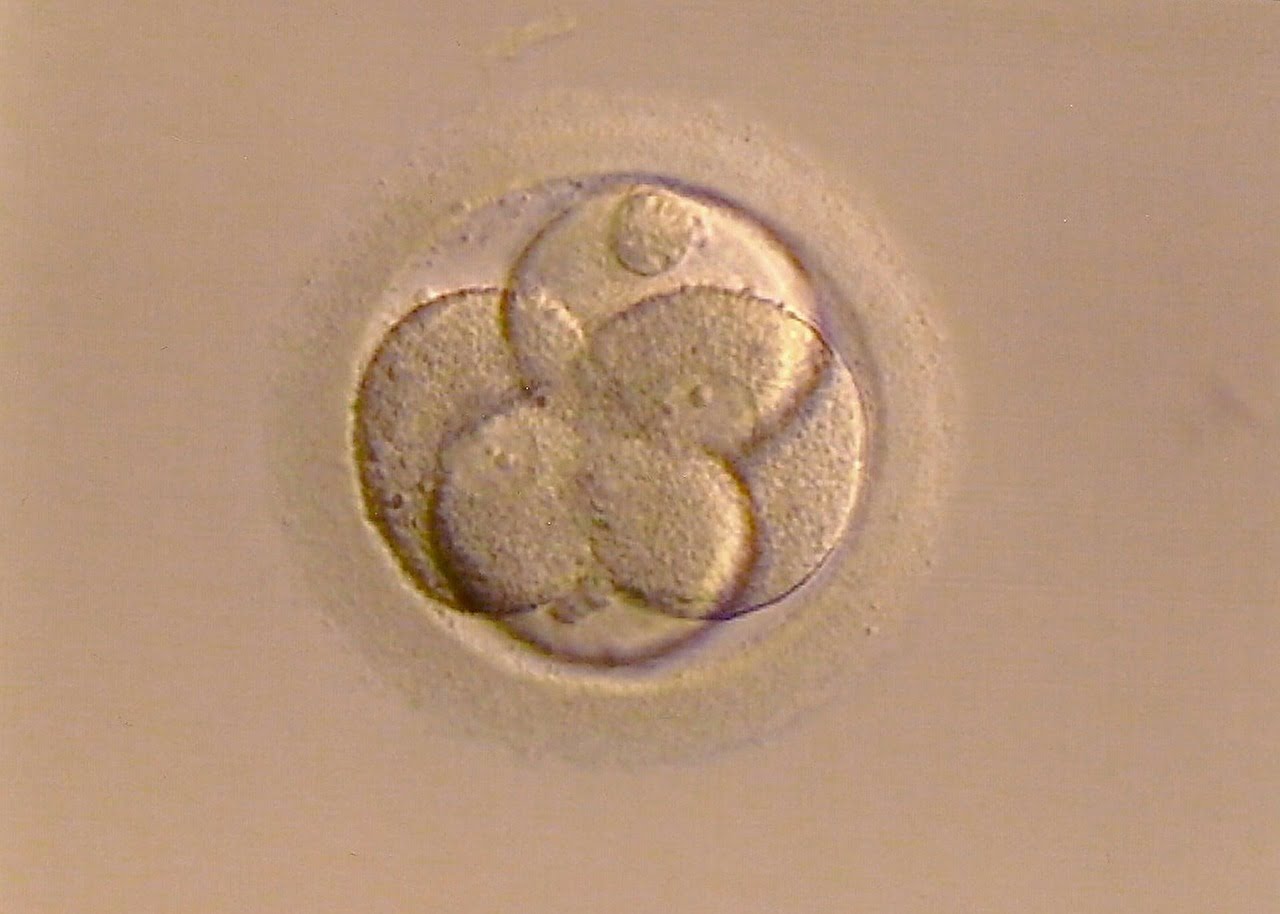Have you planned a trip or are you wondering if it is safe to book a family vacation? Here's everything you need to know.
It's impossible to connect to the internet right now without seeing news of the Koran and its spread around the world.
Understandably, you may have questions about how the coronavirus could affect your family , especially if you are pregnant or you have a small baby. And if you have plans for a family vacation abroad, you may be wondering if you should cancel your trip.
Should pregnant women and families avoid traveling because of coronavirus?
Health officials advise citizens to avoid traveling to certain parts of the world right now.
The Centers for Disease Control and Prevention (CDC) specifically ask you to avoid all unnecessary travel to Italy , τη South Korea and in some parts of China. If you are planning a vacation in one of these areas, it is a good idea to cancel your trip - whether you are pregnant or not.
"I would be wary of international travel due to quarantine," says infectious disease specialist Amesh A. Adalja, MD, a senior scholar at Johns Hopkins Health Insurance Center.
There are currently no specific travel recommendations for pregnant women, says Richard Watkins, MD, an infectious disease physician at Akron, Ohio, and an associate professor of internal medicine at Northeast Ohio Medical University. However, the CDC advises to avoid cruise ship trips. The organization also recommends to people with underlying diseases to avoid long flights and not to make unnecessary trips.
Many experts also agree that it is not a bad idea for mothers to "Avoid unnecessary travel and limit contact with crowds", says Dr. Watkins.
As for babies, experts say families should take the same precautions, as keeping a child in quarantine would be particularly difficult.
If you have any travel questions when you are pregnant or traveling with a baby, talk to your doctor or pediatrician. They will be able to offer you additional guidance.
* The content on this blog is not intended to replace professional medical advice, diagnosis or treatment. Always seek the advice of qualified health care providers with questions you may have about medical conditions.







































